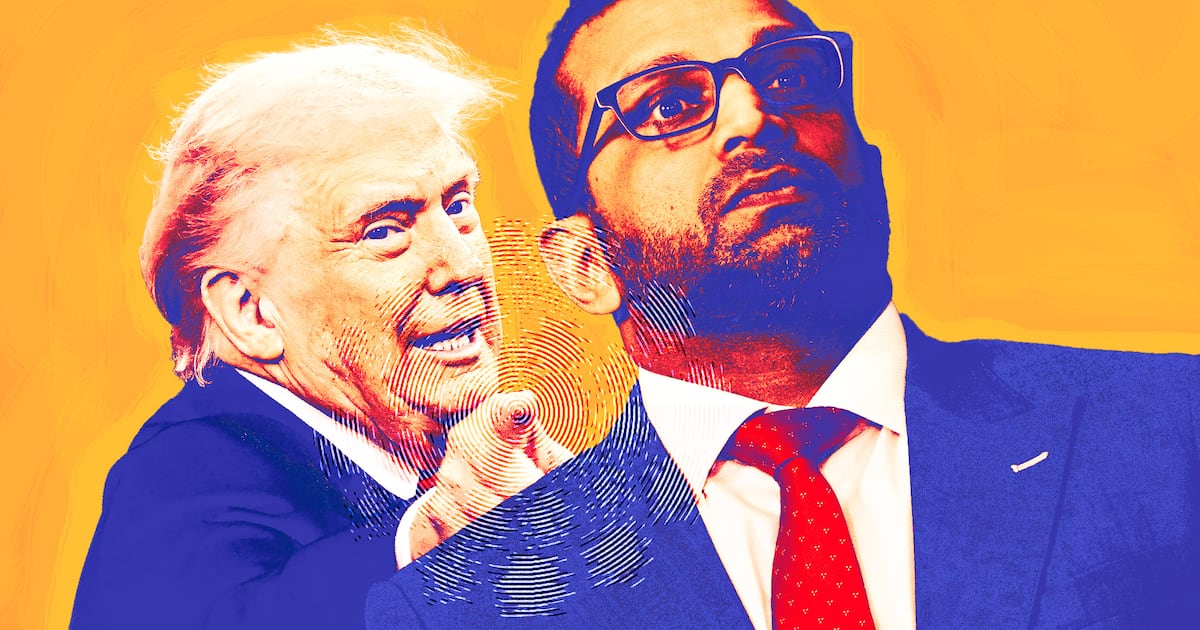Once again, “The N-word” is front and center in the national dialogue.
On the heels of the season premiere of black-ish, which addressed the word and who “gets” to use it, Kylie “Cornrows” Jenner has been thrust into controversy involving an inflammatory cake. Jenner hosted a party for her best friend Jordyn Woods’s 18th birthday this Wednesday where a cake was carted out with the message, “Happy Birthday Nigga.” Jenner says she wasn’t responsible for the cake and posted a photo on Instagram of an inoffensive cake along with the caption: “My cute little cake to Jordyn the other day. The other one was not my gift.”
Now, I don’t know who actually sent Woods that N-word cake—that Kylie proudly snapchatted to her millions of followers—but she didn’t seem at all offended by any of this. Quite the contrary, she seemed to love it, images and videos of it to her various social media accounts. The moment uncomfortably echoed a moment from this week’s black-ish premiere when eldest Johnson daughter Zoey explained to her father that she has white friends who use the N-word regularly and it’s not a big deal to her peers. In an era of “New Blacks” like Richard Sherman spouting respectability any time they’re pressed on matters of race and “down” white pop stars becoming more and more obnoxious in their dismissals of racial issues, there is more need than ever for young people to address an ever-growing problem in the fight against racism.
Your white best friends.
Yes. Read that again. I know this is hard.
Those white best friends who love to remind you of how they aren’t racist and who rap along to every utterance of the N-word in Young Thug songs and who love that your friendship never requires that they acknowledge your blackness in any way except to crack the occasional joke or compliment you on your hair. You and your white best friends don’t represent a new, racially unfettered generation committed to looking past surface differences to forge a bright new colorblind society. No, this is just a case of deep cultural denial and young people shouldn’t allow themselves to be lulled into that kind of denial.

But this problem didn’t start with ‘90s babies.
If there is a generation of young people who are willfully ignorant about race issues, it’s because they were raised to believe that “color-blindedness” is a virtue. Somehow, Americans came out of the Civil Rights era believing that the best way to address racism was to just decide that it was over. A country that was all-too-eager to criminalize every facet of drug culture to the point of ludicrousness suddenly decided that its longest-running social disease could be vanquished by positive thinking. As white flight and rezoning led to inner cities being ravaged by economic blight and racially skewed drug laws resulted in an entire generation of black and Latino youth carted off to prison, it seems a large portion of white America deluded itself into believing that change had come.
The faux naïveté that allows an individual to believe in “not seeing color” as a realistic or even desired objective in the push for racial equality also informs the petulance of “Well, if you can say the word, why can’t I?” It presupposes that there are no cultural parameters that can be set by those within a culture who are at the most risk of being victimized. In essence, when you represent the more privileged societal position, you don’t get to decide how those at a social disadvantage apply their cultural mores.
So, no—you can’t fucking say it and it’s not your place to decide.
Understanding that white supremacy is a fundamental facet of Western civilization and colonization, it’s important for everyone to recognize how racism isn’t limited to intent. Having black friends, loving black music, dating black people—it doesn’t negate the way that we have all been conditioned to view race relations through a white supremacist lens. And as such, the N-word isn’t something that black people can afford to relinquish to the world for casual use. Not when anti-blackness is manifested daily in places high and low—from widespread disparities in sentencing and housing to the jokes and body-shaming that the greatest athlete in the world is constantly made to endure.
Your white friends shouldn’t need to use the N-word. Part of having a “diverse” set of friends is understanding those friends. Seeing your blackness is a part of seeing you and respecting you. For too many young millennials who live and socialize in mixed circles, it’s becoming more and more fashionable to pretend that having your white friends’ company means so much that those white friends are OK ignoring that very significant part of your identity. You don’t mute anyone you consider to be a friend. And we can no longer afford to believe “color-blindedness” is an admirable quality—because no one is truly colorblind. And they shouldn’t be. And staying away from using the N-word isn’t hard when you understand the weight behind the word. But too many white Americans don’t want to decenter themselves and accept that it’s not their call to make. So I believe this country has to continue to have these conversations.
And that begins with some hard conversations between you and your white friends.






